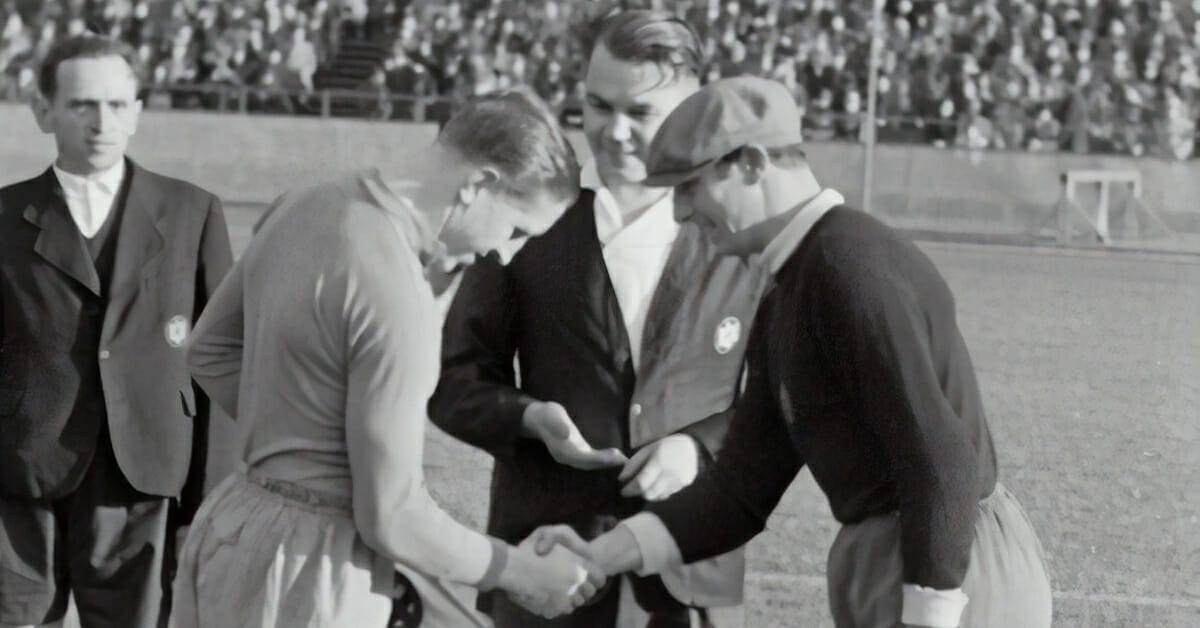There are times in our life (though they may seem few and far between) when we look around and say, “It doesn’t get any better than this.” Maybe it’s…
- When you’re on vacation and enjoying the scenery, the food, and the relaxation.
- When you’re in your recliner, remote in hand, snacks and drink by your side and an afternoon of sports or movies on TV.
- When you’re lying with a newborn snuggled up against you.
Whatever it is, it’s those times when all your problems seem to fade and you’re blanketed with a sense of peace and contentment…if only for a moment.
In 2 Chronicles chapters 8-9, Israel is experiencing one of those “it doesn’t get any better than this” times.
- The nation is experiencing a time of peace and prosperity as it had never known before.
- Their king Solomon was the wisest and wealthiest man to ever walk the earth.
- The nation of Israel was building, expanding, fortifying, and dominating like never before.
- The nations of the world were drawn to and envious of Israel.
- There was so much wealth that silver was as plentiful as stones.
It would literally never get any better for Israel than it was at this time.
When times are going well for us, we should…
- Realize that these times are a gift from God; a demonstration of His grace and love in a tangible way.
- Be grateful and enjoy them.
- Remember, nothing last forever, so be responsible and make the most of the time.
Such times should remind us to focus on God and respond to Him with recognition, gratitude, and submission. Be careful in the good times not to take them or God, for granted. Learn to be a good steward of the good times.





